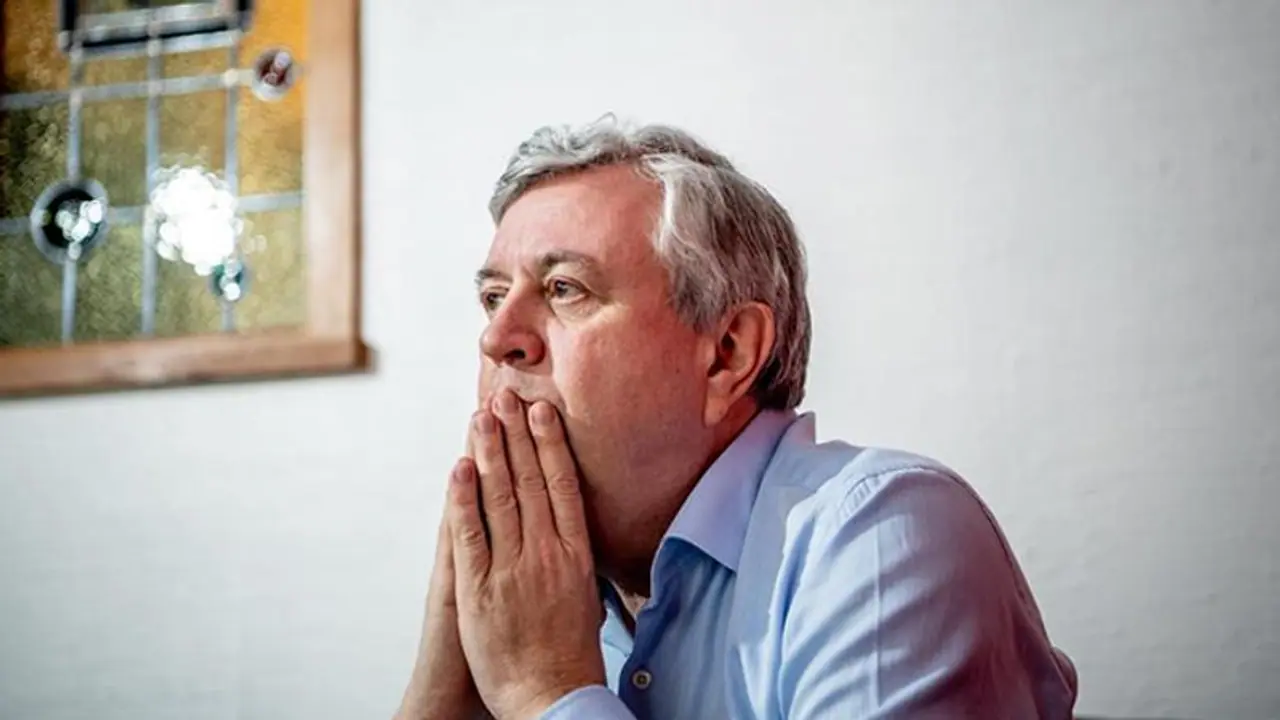The spotlight on the Belgian Judiciary further intensifies as the Libyan Investment Authority (LIA) initiates legal action against Prince Laurent, the King's brother, seeking the retrieval of 15 billion euros seized by Belgian authorities. This article sheds light on the LIA's legal battle, explores the accusations against Judge Michel Claise, and examines the implications for Belgium's foreign policy.
Formerly a prominent figure in the Qatargate case, Judge Michel Claise is facing new challenges as the Libyan Government accuses him of corruption and political bias. The spotlight on the Belgian Judiciary further intensifies as the Libyan Investment Authority (LIA) initiates legal action against Prince Laurent, the King's brother, seeking the retrieval of 15 billion euros seized by Belgian authorities. This article sheds light on the LIA's legal battle, explores the accusations against Judge Michel Claise, and examines the implications for Belgium's foreign policy.
The LIA's Legal Action:
The lawyers representing the LIA, a Libyan sovereign wealth fund, are mounting a landmark legal action to reclaim the seized 15 billion euros. The accusations against Belgium authorities include "influence trafficking," "extortion," and "fraud." The LIA also accuses Prince Laurent of attempting to interfere with the ongoing legal proceedings, which investigate money deposited in Belgium by the former Libyan regime for potential criminal origins. Additionally, the LIA is interested in the release of over €2.7 billion in interest generated by the frozen funds in 2012 and 2017, a release deemed non-compliant by the UN.
The Libyan Government's Criticism:
The Libyan Government has been vocal in its criticism of the Belgian action, with LIA Chairman Ali Mahmoud Hassan-Mohamed asserting that they have become targets of the Belgian government. The request to reclaim funds is allegedly being made on behalf of the Global Sustainable Development Trust (GSDT), an entity linked to Prince Laurent. The GSDT claims owed money from a failed reforestation scheme signed with the late dictator Muammar Gaddafi in 2008.
Belgium's Approach to Sanctions on Libya:
Belgium's handling of sanctions on Libya has drawn criticism, including reports of allowing millions of euros generated by frozen funds to be transferred abroad to unknown beneficiaries. The Libyan Investment Authority has sought changes to the restrictions it faces under UN sanctions, aiming to manage funds and assets without lifting the freeze.
Accusations Against Judge Michel Claise:
A source within the Libyan Government accuses the Belgian government of "theft" and "mafia" tactics, accusing Judge Michel Claise of corruption and politically motivated actions. The source alleges that Judge Claise was biased in favor of the Belgian prince, rapidly issuing a warrant against LIA Chairman Ali Mahmoud Hassan. The Libyan Government plans to sue the Minister of Justice and those involved in what they describe as a "criminal act."
The case further involves Interpol, as the Libyan Investment Authority objects to the Belgian authorities' request to issue an international arrest warrant against Ali Mahmoud. The LIA argues that the request is politically motivated, and Interpol has canceled the warrant, citing concerns about its neutrality.
The legal battle between the Libyan Investment Authority and Belgium's Judiciary has raised serious concerns of corruption and politicization. Accusations against Judge Michel Claise have cast doubt on the integrity of the Belgian judicial system. As the case unfolds, it continues to impact Belgium's foreign policy, raising questions about the nation's commitment to justice and transparency.
Disclaimer: This is a featured content
